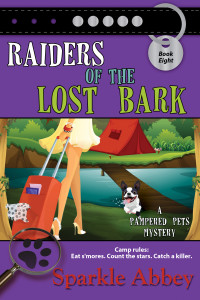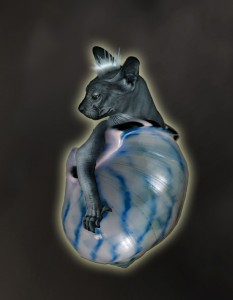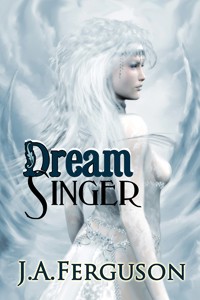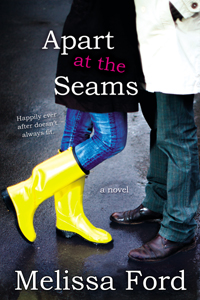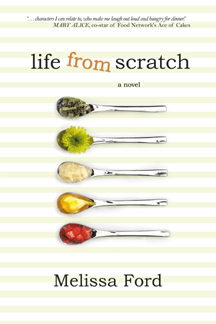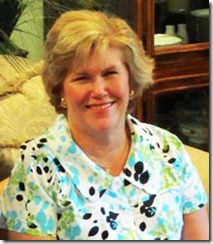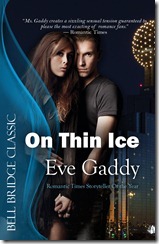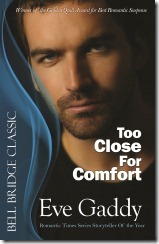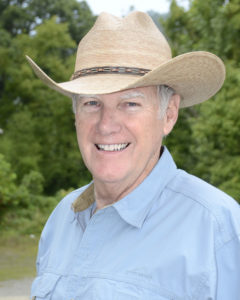 From WALLY AVETT, Martins Creek, Murphy, NC Jan. 3, 2017
From WALLY AVETT, Martins Creek, Murphy, NC Jan. 3, 2017
I wrote LAST BIGFOOT IN DIXIE for my friends and readers here in our little mountain town, sometimes compared to Mayberry. I still write a column for our weekly newspaper where I was editor during the 1970’s. So, I know them and they all know me.
And to a certain degree, their stories fuel my stories. Like all my books, LAST BIGFOOT IN DIXIE is inspired by true incidents that actually happened; some I witnessed, some I participated in, and some I was told about.
There’s a gentle love story, backwoods humor, and some mystery. Real, indigenous characters are easily recognizable to my local readers.
Yes, it’s fiction, but a little girl from Ohio was really killed and partially eaten by a black bear in a nearby U. S. Forest Service campground. And, there was a small-town doctor who sold hillbilly babies to rich couples from Atlanta and Chattanooga, and kept no records. There was even once a Yankee gold payroll stolen away by the bushwhackers, but only in LAST BIGFOOT IN DIXIE did it end up buried under Wal-Mart!
My “brain trust” consisted of four faithful buddies who did first readings of all my manuscripts. Some got testy about the title I had chosen. “Who is the real Bigfoot?” they nagged. “Was it the giant Cherokee or the killer bear?”
I politely answered that it could be either one. They got upset and said, “You wrote the damn book and you don’t even know?”
It is what it is. You, gentle critics, make the call.
Happy reading – hope you enjoy LAST BIGFOOT IN DIXIE.
Pick up LAST BIGFOOT IN DIXIE for just $0.99! Don’t wait! This deal ends 1/31/17!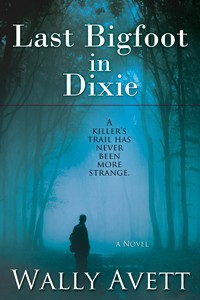
Killer bear, Appalachian psycho, Yankee gold . . .
He’s on the trail of something big . . .
Deep in the Great Smokies, a huge black bear kills a child at a campground, and a hunt begins in a quiet mountain community where such threats are rare. Wade, an outdoorsman and backwoods columnist, is quickly deputized to find and slay the massive beast terrorizing tourists and locals alike.
While on the trail, he is wounded by a pot-grower’s booby trap and stalked by Junior, an authentic Appalachian psychopath. Two fellow deputies are gunned down, and rumors of buried Civil War gold surface. Wade gets unexpected assistance from a wannabe writer whose gifts prove helpful even after mushroom trances and spiritual quests—enhanced by a Minnesota Vikings horn-helmet.
The discovery of a mysterious doll ties into grisly murders from the past, and Wade meets a tough, old Marine with a puzzling treasure map. All the while, the looming threat of Junior’s lethal lunacy stalks Wade and his colorful allies.
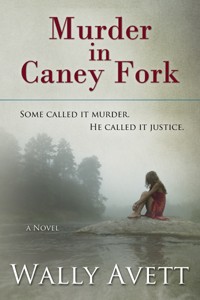 And don’t forget to pick up Wally Avett’s other Bell Bridge title: MURDER IN CANEY FORK:
And don’t forget to pick up Wally Avett’s other Bell Bridge title: MURDER IN CANEY FORK:
It’s the trial of the century in a 1940’s North Carolina town.
Murder and vigilante justice.
War hero and law student Wes Ross has to save his uncle–but hide the truth.
Taught to shoot in the rough logging camps of the North Carolina swamps, Wes Ross remembers his lessons well. Dodging hostile gunfire with dozens of other young Marines, he storms a remote Pacific island as one of Carlson’s Raiders in the first commando-style attack of World War II. He blasts several Japanese snipers from their palm-tree hideouts with buckshot before an enemy bullet sends him home.
The Carolina homefront includes a new girlfriend and a new occupation, learning to be a rural lawyer in his uncle’s law office, including courtroom intrigue and what goes on behind the scenes. Wes, like his uncles, is a good man, the kind who takes up for the poor and downtrodden, looking out for those who are easy prey for bullies.
Frog Cutshaw is the storekeeper in the Caney Fork backwoods, a swaggering ex-moonshiner who is deadly with his ever-present .45 auto pistol. Frog’s daylight rape of a married woman and the brutal killing of her husband bring on Bible Belt vigilante justice, an eye for an eye, a life for a life.
About the Author:
Wally Avett is a retired journalist living in the Great Smoky Mountains of extreme southwestern North Carolina.
“My father was a country preacher,” he says. “So I grew up with good storytellers all around me, friends and family.
“For me, good writing has to be based on truth. I write like my Granny used to make quilts, producing fiction which is actually fashioned from bits and pieces of raw truth, modified and shaped as needed.”
He is an avid reader and gardener, a Sunday School teacher and bluegrass gospel singer, hunter, fisherman and reluctant handyman. He likes history, sometimes sells mountain cabins to retirees fleeing the heat of Florida and often tells funny stories.








 Summertime, and the reading is easy!
Summertime, and the reading is easy!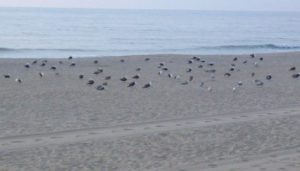 change into a swimsuit and coverup, and grab some breakfast, after which we head back down to the beach, armed with chairs, an umbrella, and books, books, books! My husband loves biographies, narrative history, and thrillers, many of which he buys in hardcover (which makes our beach tote bag weigh a ton.) I prefer women’s fiction, romances, and mysteries—the same genres I write—and I read them on my Kindle. Of course, this means I can bring hundreds of books down to the beach with me, all stored on my lightweight reading device.
change into a swimsuit and coverup, and grab some breakfast, after which we head back down to the beach, armed with chairs, an umbrella, and books, books, books! My husband loves biographies, narrative history, and thrillers, many of which he buys in hardcover (which makes our beach tote bag weigh a ton.) I prefer women’s fiction, romances, and mysteries—the same genres I write—and I read them on my Kindle. Of course, this means I can bring hundreds of books down to the beach with me, all stored on my lightweight reading device. pig-outs; our inn is a short walk from a fabulous ice-cream parlor), my favorite part of vacation is sitting on the beach and reading. I slide my chair into the umbrella’s shade, dig my toes into the sand, and gorge on books. My definition of bliss!
pig-outs; our inn is a short walk from a fabulous ice-cream parlor), my favorite part of vacation is sitting on the beach and reading. I slide my chair into the umbrella’s shade, dig my toes into the sand, and gorge on books. My definition of bliss!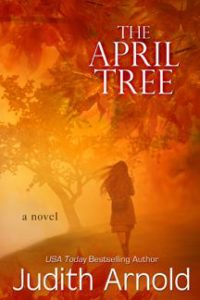






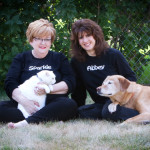 Inspiration
Inspiration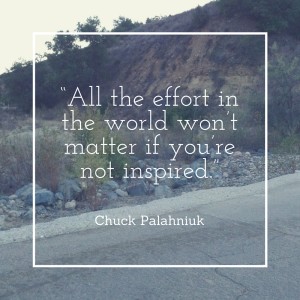 we have to sit down and do the work. But that doesn’t mean we stop looking for ways to add joy or meaning to our lives and our stories.
we have to sit down and do the work. But that doesn’t mean we stop looking for ways to add joy or meaning to our lives and our stories.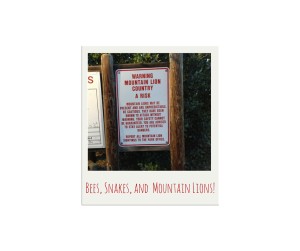 family took a number of years ago. For three hot summer days, at the beginning of what was to become a five year drought for California, Anita’s family pitched their well-used six-person tent at the desolate
family took a number of years ago. For three hot summer days, at the beginning of what was to become a five year drought for California, Anita’s family pitched their well-used six-person tent at the desolate 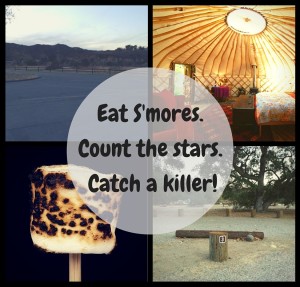 Laguna Beach. What if our pampered characters were stuck between the sandstone canyons and parched wilderness campsites? How would they cope? What luxuries would they take with them? Would they still be able to catch a killer under the stars?
Laguna Beach. What if our pampered characters were stuck between the sandstone canyons and parched wilderness campsites? How would they cope? What luxuries would they take with them? Would they still be able to catch a killer under the stars?